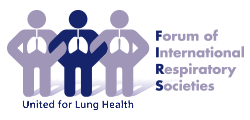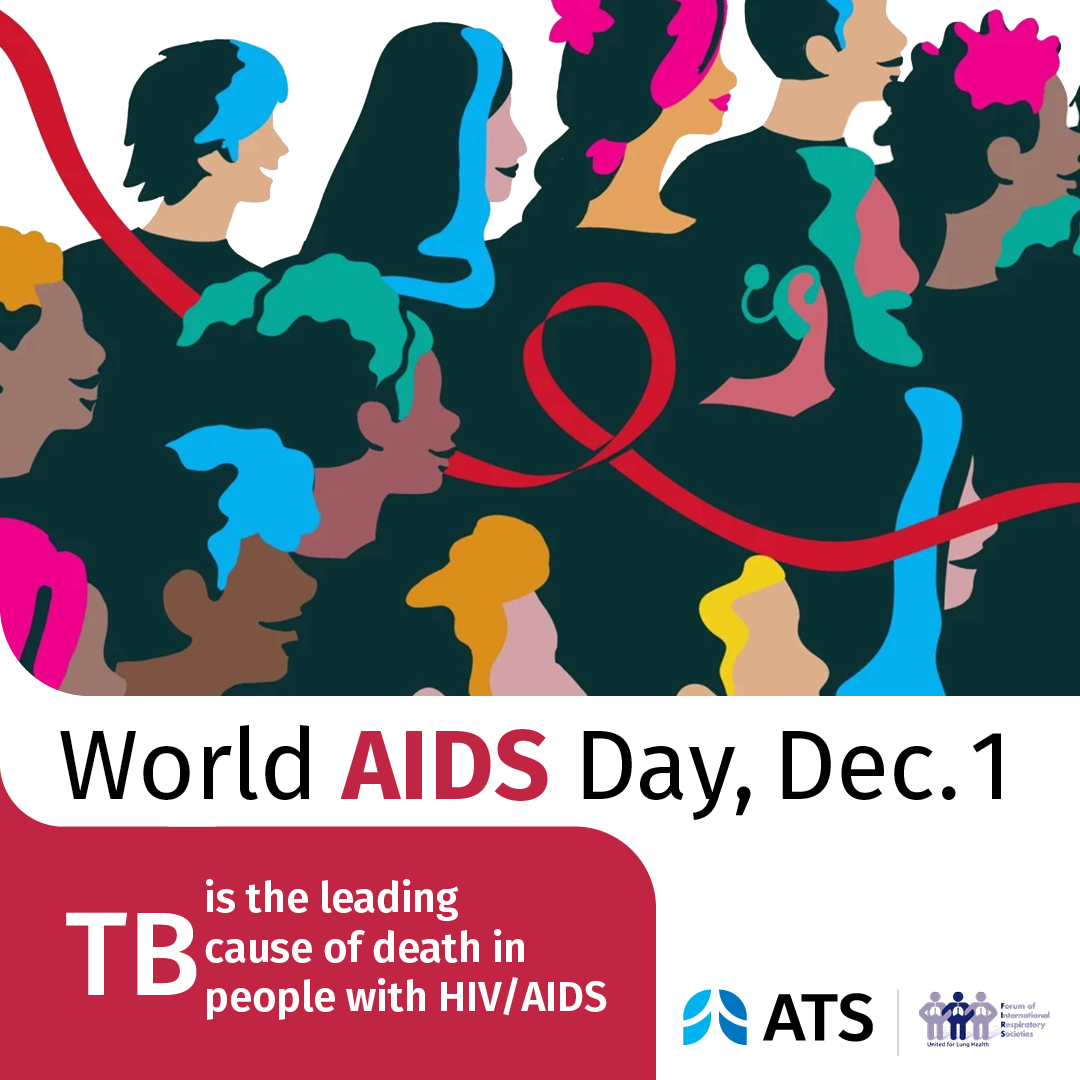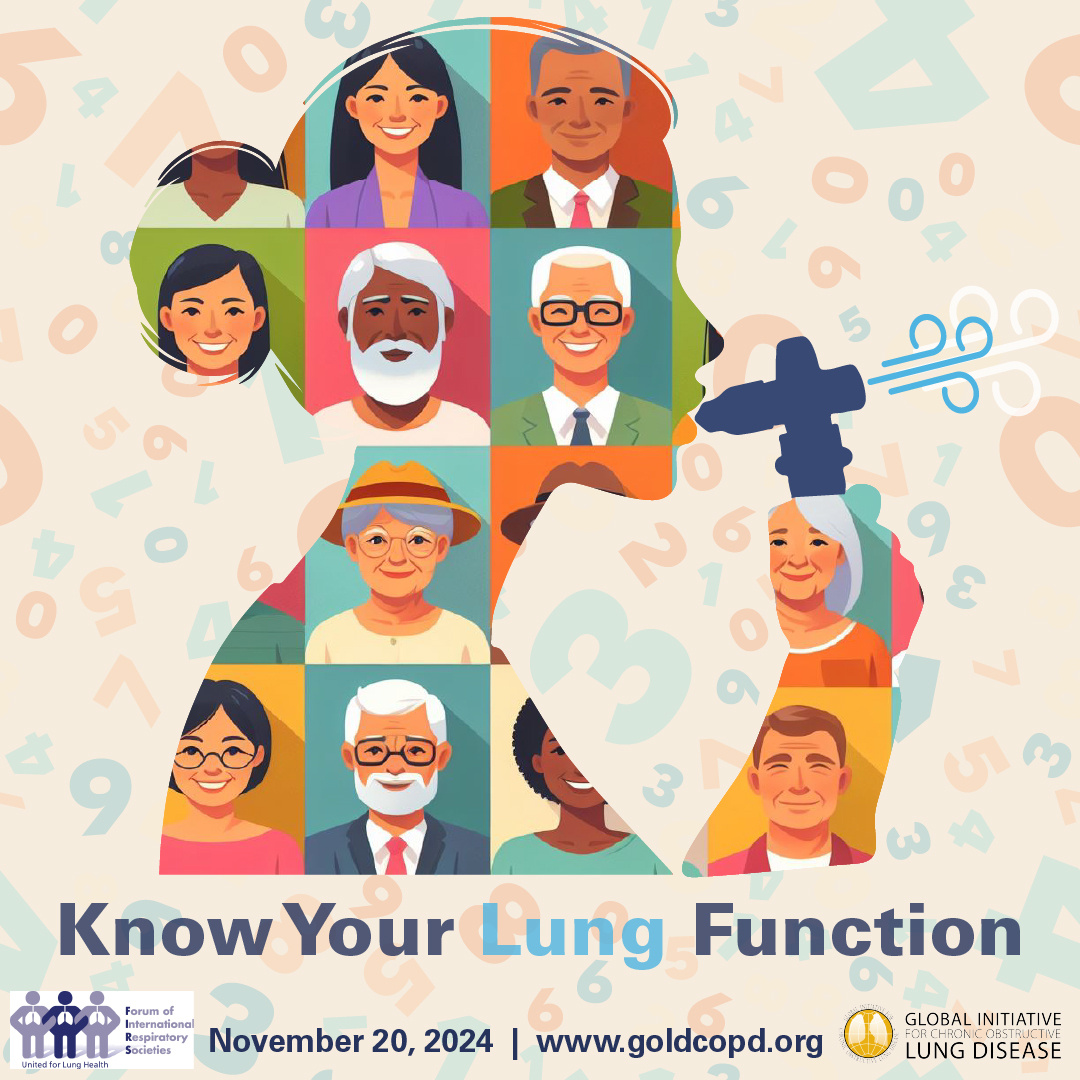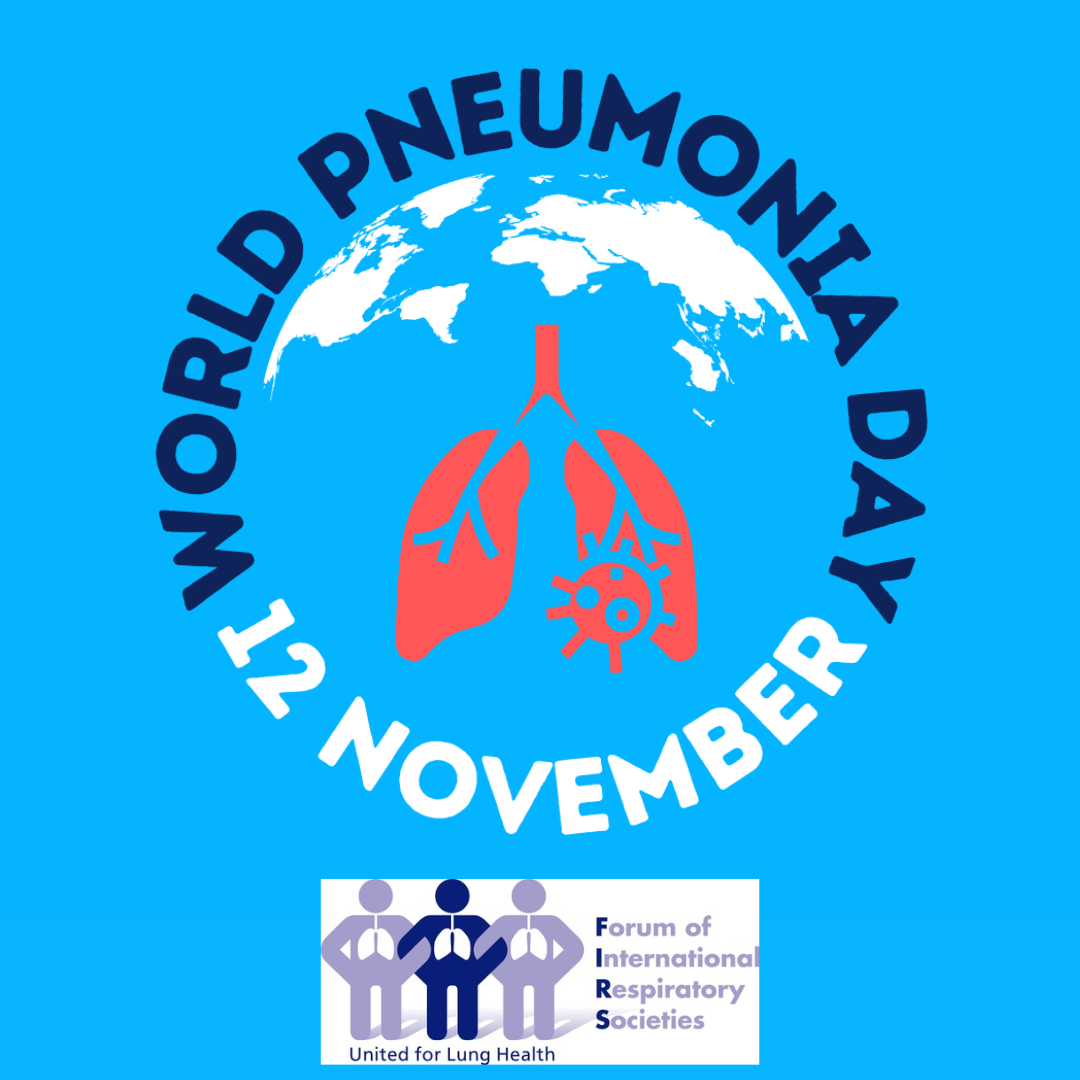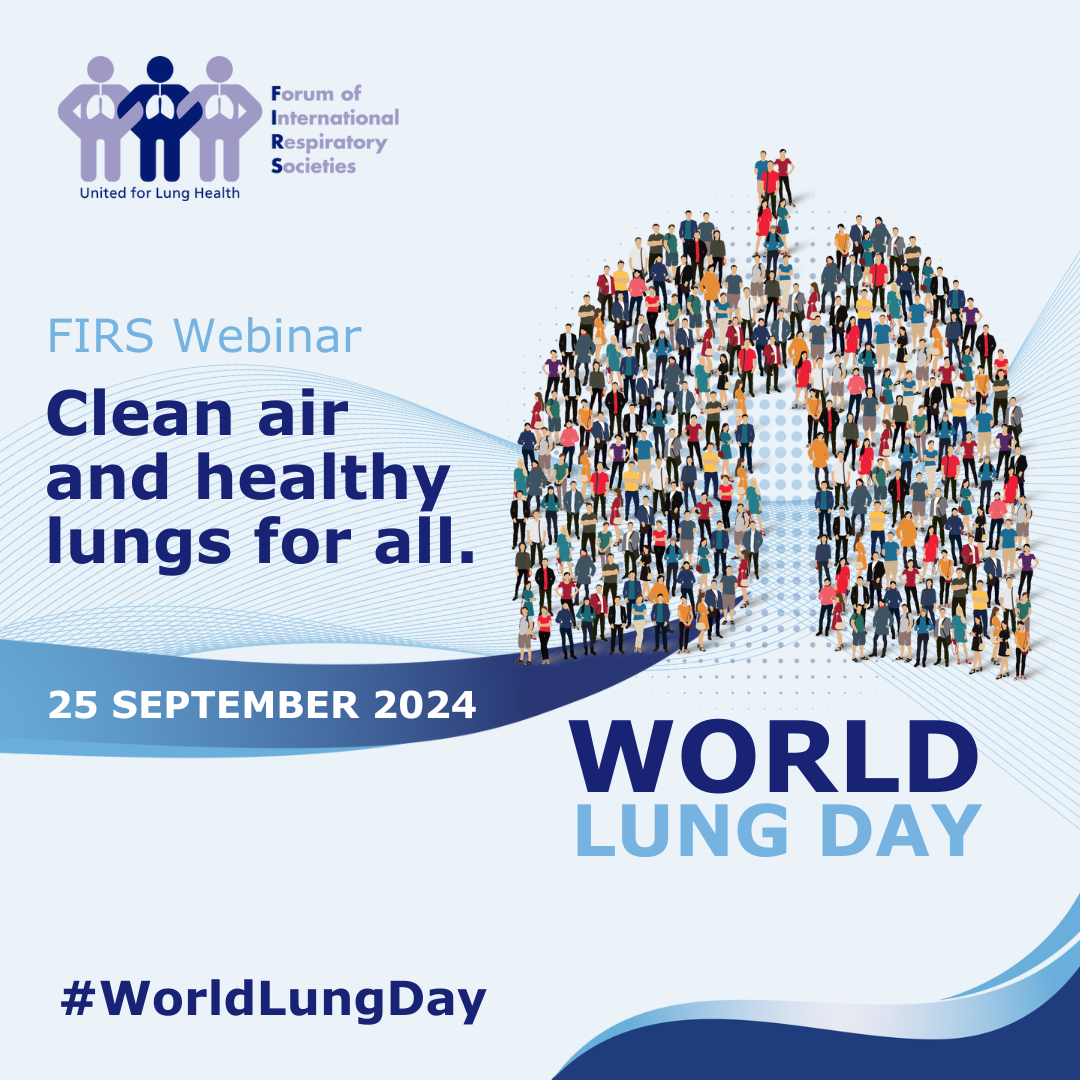Forum of International Respiratory Societies (FIRS) highlights the need to prevent pneumonia and strengthen management strategies globally as part of the “Decade of the Lung” initiative.
Cape Town, Glenview, Lausanne, Montevideo, New York, Paris, Tokyo, November 12, 2015. The Decade of the Lung initiative, recently launched by FIRS, serves to highlight the importance of respiratory diseases globally. Amongst these, pneumonia is one of the five major respiratory diseases worldwide, responsible for substantial illness in children and adults. Pneumonia is the main cause of death in children under 5 years, of hospitalisation and of health care utilisation.
Almost 1 million children still die annually from pneumonia, but most deaths are preventable. Most pneumonia and deathsoccur in low and middle income countries (LMICs) and in children under 2 years old. More than half of all deaths occur outside a health facility, indicating that limited access to care remains a challenge. Pneumonia can also lead to a decline in general health and to chronic respiratory disease.
Pneumonia is a preventable and treatable illness.The availability of new conjugate vaccines against H influenzae b (HiB) and pneumococcus (PCV) has been a great advance in reducing the global pneumonia burden in children. High coverage of PCV in children can also substantially reduce pneumonia incidence and deaths in adults, due to herd protection. However there are several LMICs where PCV has still not been introduced into the childhood immunisation schedule. Vaccines against whooping cough (pertussis), measles and diphtheria, given in the childhood immunisation schedule, are also essential to reduce the pneumonia burden. Other effective preventative strategies include optimising nutrition, promoting breastfeeding, reducing exposure to indoor air pollution or tobacco smoke, preventing HIV infection, good prenatal care and reducing poverty with access to safe water and better living conditions.
Effective treatment includes use of antibiotics, oxygen and referral to hospital when needed. Case management of childhood pneumonia as contained in theWorld Health Organisation Integrated Management of Childhood Illness (IMCI) program is highly effective and can reduce mortality substantially. However, only 60% of children with pneumonia receive care at a health facility globally.
Prof Heather Zar, President of the Pan African Thoracic Society said “We have the tools to prevent and treat childhood pneumonia. But globally there is still lack of access to these for many children. Strengthening preventative and management strategies is a key health priority”.
FIRS calls on governments, health care programs, clinicians, public health specialists and non-governments organisations to strengthen preventative and management strategies for pneumonia globally by:
- Strengthening health systems to improve pneumonia case management and enable better access to effective vaccines especially PCV and treatment, particularly oxygen and antibiotics
- Optimising childhood nutrition by promoting exclusive breastfeeding until 6 months of age and complementary nutritious foods thereafter
- Promoting initiatives to reduce tobacco smoking and indoor air pollution
- Improving access to safe drinking water and sanitation
- Reducing HIV-associated pneumonia through strengthening of prevention of mother to child programs and early use of antiretroviral therapy
- Increasing funding for research in pneumonia
About the Forum of International Respiratory Societies (FIRS)
The Forum of International Respiratory Societies (FIRS) is an organization comprised of the world’s leading international respiratory societies working together to improve lung health globally: American Thoracic Society (ATS), American College of Chest Physicians (ACCP), Asociación Latinoamericana De Tórax (ALAT), Asia Pacific Society of Respirology (APSR), European Respiratory Society (ERS), International Union Against Tuberculosis and Lung Diseases (The Union) and the Pan African Thoracic Society (PATS). The goal of FIRS is to unify and enhance efforts to improve lung health through the combined work of its more than 70,000 members globally.
